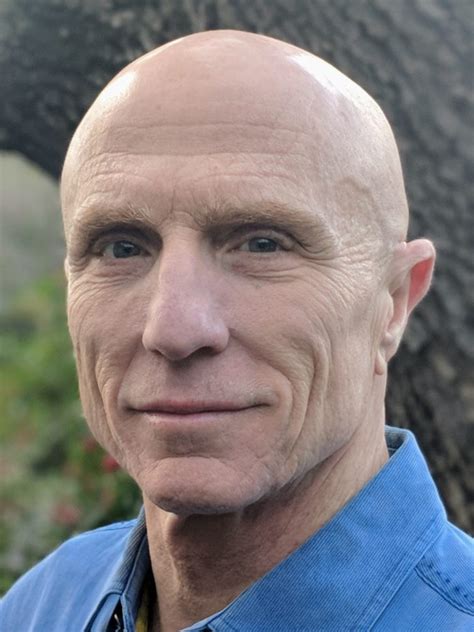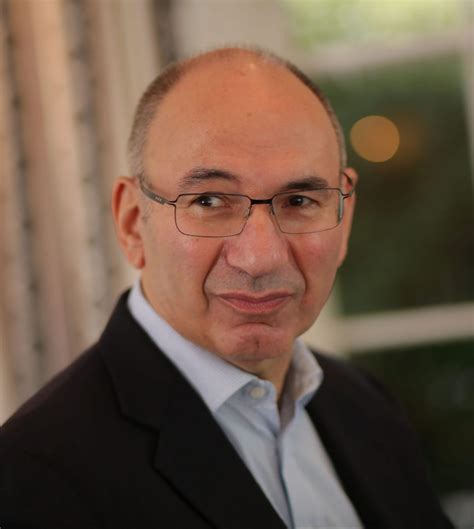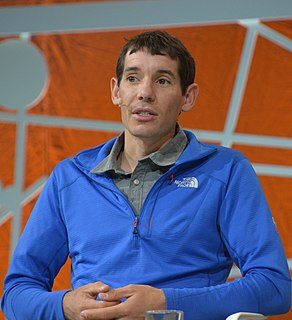A Quote by Jim Mattis
Some people feel affronted when something they thought to be true doesn't happen. If that's the case, then your sense of risk is much higher, and that leads to risk aversion. You need to be able to be comfortable in uncertainty.
Related Quotes
I think people in general don't take enough risks. Some people feel that before they can take on that next challenge they need to be 100 percent ready. It's just not true. Even people in their jobs aren't perfect at their jobs. So my biggest advice to people is to step out there. Take the risk and deal with it. What is the worst that could happen? It's about thriving on risk instead of shrinking from risk.
The risk of working with people you don't respect; the risk of working for a company whose values are incosistent with your own; the risk of compromising what's important; the risk of doing something that fails to express-or even contradicts--who you are. And then there is the most dangerous risk of all--the risk of spending your life not doing what you want on the bet that you can buy yourself the freedom to do it later.
People are used to dealing with risk. You are told if you smoke, you are at higher risk of lung cancer. And I think people are able to also understand, when they are told they are a carrier for a genetic disease, that is not a risk to them personally but something that they could pass on to children.
To laugh is to risk appearing a fool. To weep is to risk appearing sentimental. To reach out to another is to risk involvement. To expose feelings is to risk exposing your true self. To place your ideas and dreams before a crowd is to risk their loss. To love is to risk not being loved in return. To hope is to risk pain. To try is to risk failure. But risks must be taken, because the greatest hazard in life is to risk nothing.
Whenever you're in a natural system and you're making sound, you are putting yourself at risk. As you go up the evolutionary ladder, from insects to frogs to birds and on up into mammals, the higher intelligence recognizes that when you vocalize, you put yourself at risk. So mammals generally vocalize or make noise much more rarely than, let's say, insects or frogs. And when they do, and put themselves at risk, it has to be worth the risk, and have true meaning, such as signaling during a hunting party, calling in prey, some religious or spiritual ceremony, something like that.
Unlike most of life, what you do really matters. Your actions have real consequences. You have to pay attention and focus, and that's very satisfying. It forces you to pay great attention and you lose yourself in the task at hand. Without the risk, that wouldn't happen, so the risk is an essential part of climbing, and that's hard for some people to grasp. You can't justify the risk when things go wrong and people die. The greater the risk, the greater the reward in most aspects of life, and in climbing that's certainly true, too. It's very physical, you use your mind and your body.
Everything is a risk in Pakistan: If you defend women, it's a risk. If you defend non-Muslims it's a risk. If you discuss religion, it's a risk. But you can't really sit there like a vegetable in your own society. And I'm committed to that society... and I feel I need to turn around and speak as I should.
You need to put the fear of risk aside. Startups need leaders who are willing to persevere through the hard times. Failure is an option, and a real risk. Failure and risk are something entrepreneurs should understand well, and learn to manage. Don’t have a fear of talking about your failures. Don’t hide your mistakes.




































